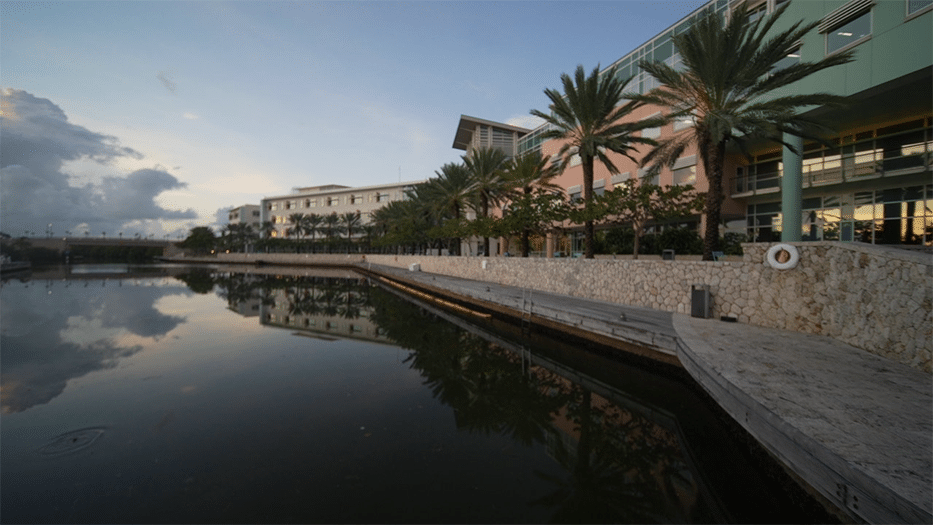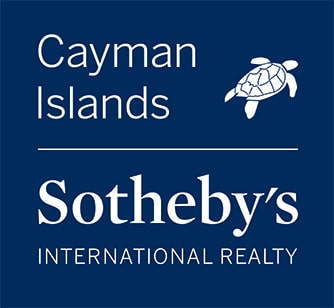Cayman’s financial services industry
A global leader in financial services
The Cayman Islands boasts one of the world’s most diverse, well-established, and robust financial centres. With decades of industry experience, Cayman ranks as the top domicile for hedge funds and healthcare captives and the second-largest captive insurance jurisdiction. The breadth and depth of Cayman’s financial services industry, representing about a third of the local GDP, allows this British Overseas Territory to accommodate a long list of specialised client needs. Cayman’s sophistication as a service centre has made it a top choice for clients in banking, insurance and reinsurance, trust and fiduciary, company management, fund administration, accountancy, and fintech.
As of spring 2021, more than 11,000 mutual funds, 13,000 private funds, and 100 banks from 30 countries were registered with the Cayman Islands Monetary Authority, the islands’ chief regulator for the financial services industry.
Cayman’s business-friendly framework, alongside a high standard of living and low crime rate, has made it an attractive place to set up shop for preeminent firms like KPMG, Deloitte, PwC and EY, as well world-class legal offices that include Maples Group, Walkers, Mourant, Ogier and Appleby. Both private and business investors in Cayman benefit from the islands’ professional infrastructure, overall stability, and tax neutrality.
Between downtown’s waterfront views and Camana Bay’s modern town infrastructure, Cayman’s office spaces offer some of the best views in the world. Easy access to white-sand beaches and fine dining makes Grand Cayman an exceptionally attractive place to work and play.

Camana Bay at sunrise
The islands’ economy proved resilient against external shocks throughout the global pandemic, as the government maintained a low debt burden and favourable international credit ratings. The islands entered the crisis strong, bolstered by a high per capita income and years of government’s fiscal surpluses.
The Cayman Islands has committed to working with the Financial Action Task Force to strengthen further its AML/CFT regime, including enhanced efforts against money laundering through dissuasive and timely sanctions for violators. Cayman prides itself as a transparent and cooperative jurisdiction, continuously updating its financial and legal framework to meet the highest global standards. Time and again, Cayman’s financial services industry has adapted and risen to the challenges posed by international standard-setting bodies, including the European Union and the OECD. Cayman’s expertise in the financial services sector connects law-abiding investors worldwide, facilitating foreign direct investment, business growth, and greater returns on pension fund investments.
Tax-neutral beach house haven
One of the most attractive perks to residing and working in the Cayman Islands is the territory’s total absence of direct taxation. That means no taxes on property, income, capital gains, inheritance, or corporations. The islands also boast some of the world’s best and most luxurious duty-free shopping along the scenic George Town waterfront and the newly renovated Owen Roberts International Airport.
The lack of direct taxation does not mean a lack of fees, however. The Cayman Islands government still collects work permit and permanent residency fees, import duty, financial transaction fees, and tourism-related fees. While you will not see tax-related deductions from your paycheque, you may notice the effect of import duties on your grocery bill. International residents should also be cognisant of their tax obligations back home and continue to file necessary declarations with their national revenue offices.
For those looking to invest in real estate, the Cayman Islands offers a variety of incentives.
The territory imposes no restrictions on foreign land ownership and no annual property taxes on developed or undeveloped land. Purchasers will pay a one-time stamp duty of 7.5% on either the market value or the purchase price of the property, whichever is higher. First-time Caymanian buyers are entitled to certain exemptions from stamp duty.
When buying raw land for construction purposes, buyers pay duty on their original purchase value and are not charged extra once the land is developed.
Income earned from leasing a property is also tax-free in the Cayman Islands. This makes the location an attractive option for generating rental income throughout the year.
Apartment and condominium owners, however, should be aware of fees charged by their strata corporation, which oversees the upkeep and repair of common areas in the property. This fee should cover the maintenance of pools, tennis courts, gardens, and parking areas, among other shared spaces.






